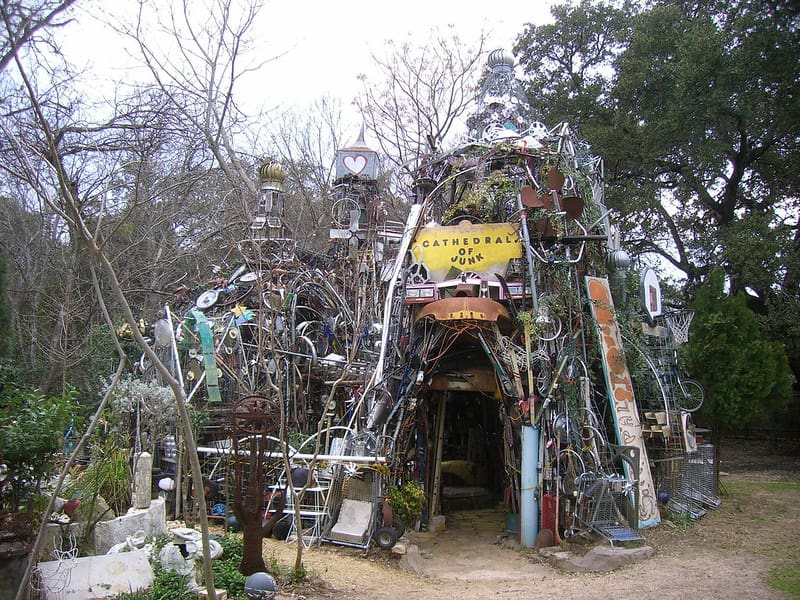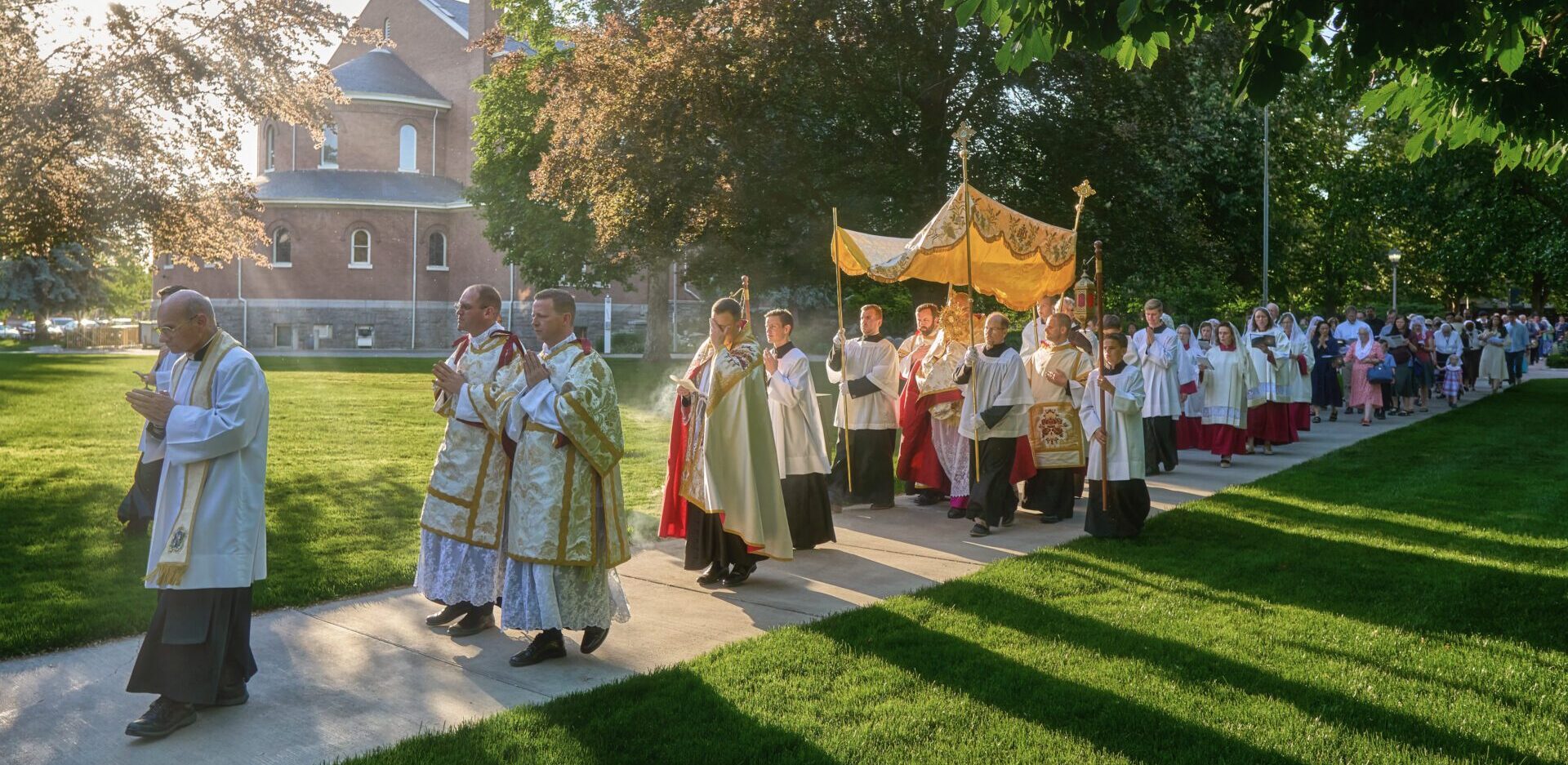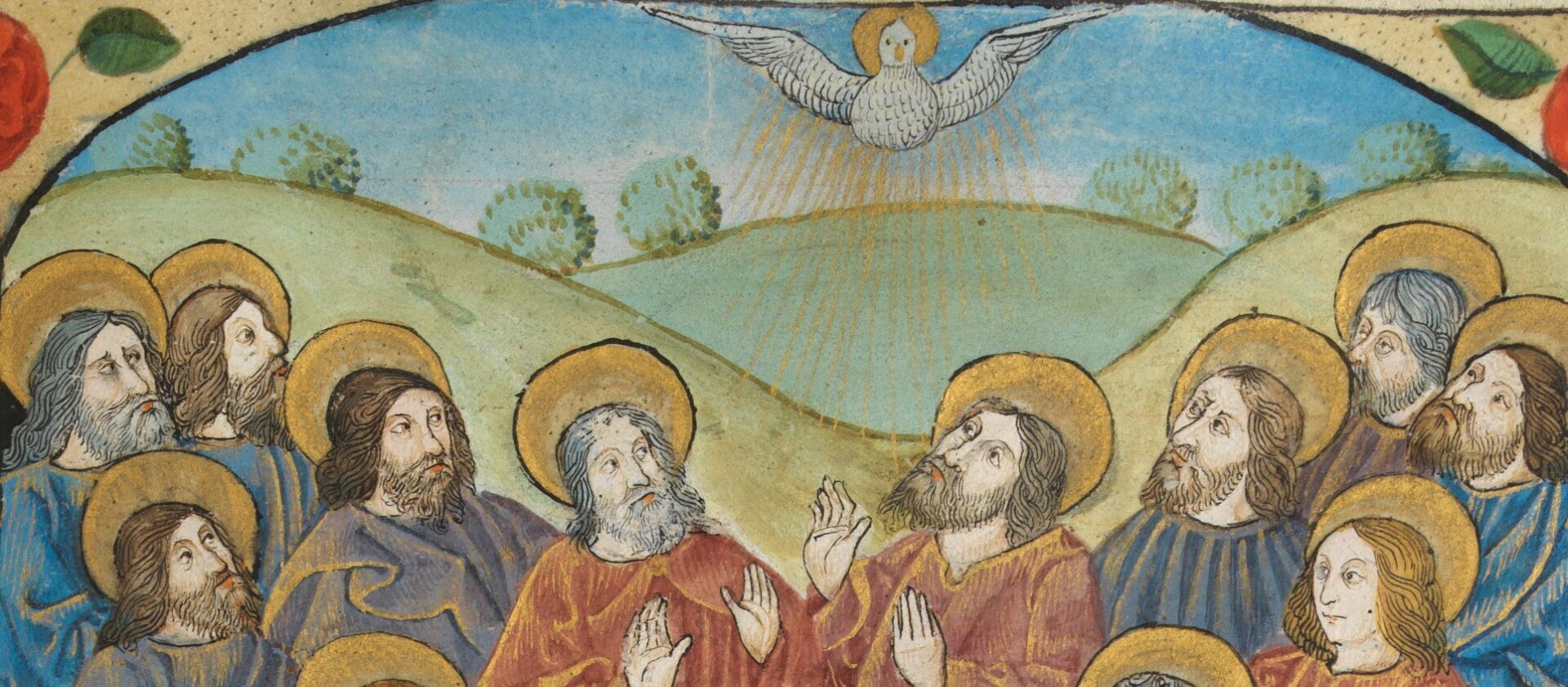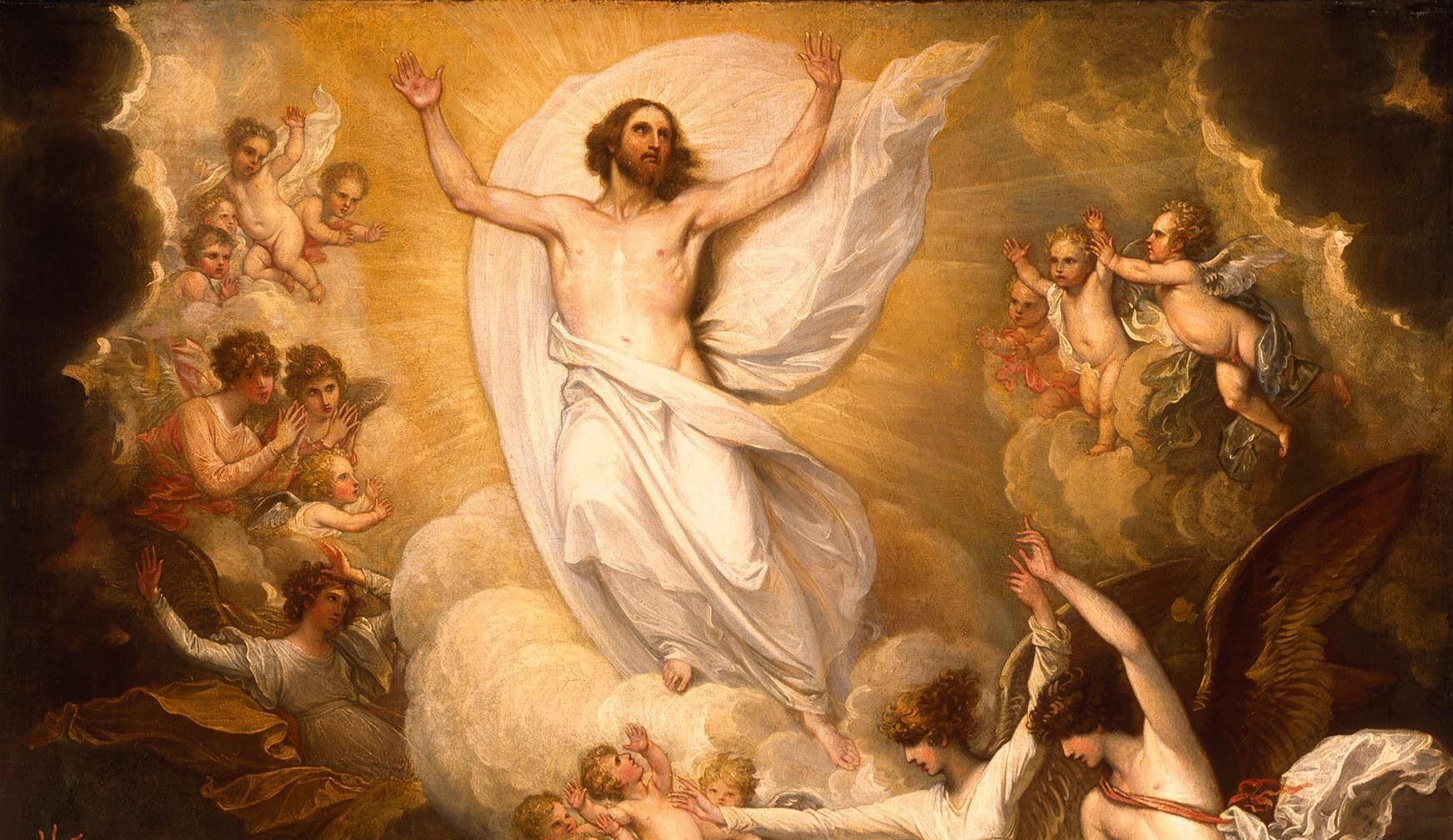In order to keep my writing and editing skills honed, I’ve signed up for the Merriam-Webster “Word of the Day.” The word parochial landed in my inbox recently. It is a word well-known to Catholics, at least on the surface, and one that ought to give us some insight into our current bizarre surroundings.
As the good people at Merriam-Webster noted, “in the Greek of the New Testament, the word paroikia means ‘temporary residence in a foreign land’ and comes from the Greek word for ‘stranger’: paroikos.” While the “Word of the Day” explanation didn’t dive any deeper into the etymology, it very well could have. Oikos, the foundation of “parochial,” means “household,” and it forms the root of “economy,” oikonomia, the management of a household. Add the prefix para-, which means “alongside,” and para-oikos means one who is “beside the household” or, put differently, not in the household. A “parishioner” (which also finds its roots in parochial) is thus a stranger in this world, one who doesn’t entirely belong in its dwellings, and a “parish” stands only as a temporary shelter, a sign of a heavenly house that will last eternally.
We parishioners in search of our permanent home have an ancestor in the Old Testament: Ruth, whose important place in the “economy of salvation” is described in her eponymous book (yes, “eponymous” was another Word of the Day).
Ruth was a Moabite woman, not a member of the Chosen People, living east of Judah on the far side of the Jordan River. She married a son of Elimelech and Naomi, natives of Bethlehem, who were driven from that city to Moab due to famine. After the death of her husband and father-in-law, Ruth travels back to Bethlehem with Naomi and, shortly after their return, hungry and poor, she goes to glean the fallen kernels of barley in the field of Boaz, a Bethlehem landowner and relative of Naomi.
While Ruth is collecting the fallen barley from the ground, Boaz enters his field and greets his harvesters with, “The Lord be with you!” (Ruth 2:4). When he spots Ruth, Boaz questions his workers and finds out that this young woman is the Moabite girl who accompanied his relative, Naomi, back to Bethlehem. Moved by her charity to his relative, he multiples his kindnesses to her by instructing his harvesters to intentionally drop handfuls of grain on the ground for her to collect. He then turns to Ruth and tells her to drink willingly from the workers’ water, and invites her to eat with him and his servants (and she even “had some [food] left over” (2:14)). “Why,” she asks, “should I, a foreigner [some translations render this word as “stranger”], be favored with your attention? …I am not even one of your servants!” (2:10, 13).
Ruth’s story should interest a liturgically-minded Catholic (Is there any other kind?) for two reasons. First, Boaz’s greeting, “The Lord be with you!” has become our clergy’s own formal liturgical greeting today. But more than simply echoing these ancient words, the greeting ought also bring before us its many other foreshadowings. Ruth and Naomi pass over the waters of the Jordan much as we pass through the waters of baptism on the way into a promised land. They make this paschal journey in the springtime of the year (i.e., during the barley harvest) as we now observe the Paschal Mystery of Christ just after the spring equinox. Their Passover journey leads them to Bethlehem—meaning either “house of bread” or “house of meat”—only to be fed by a native of that town with food in abundance, as Bethlehem’s Jesus feeds us with Bread and Flesh in abundance today.
Secondly—and here we come back home from Merriam-Webster’s launch place—Ruth is a stranger, a foreigner, a paroikos. She is like us: a pilgrim on a journey in a foreign land looking for her true home. St. Paul speaks of our heavenly home—no longer a parish home—when he writes to the Ephesians, “So then you are no longer strangers and sojourners, but you are fellow citizens with the holy ones and members of the household of God” (Ephesians 2:19).
What does all of this mean for today’s parishes and their parishioners? It means that it is time for them to get strange, to show themselves as signs of heaven, and that in this world they are uncomfortably out of place.
Some American cities have claimed “strangeness” as their own: “Keep Austin Weird!” “Keep Portland Weird!” But all the weird slogans and bumper stickers and T-shirts don’t change the fact that these and most other cities (and towns and villages) are becoming the secular norm. But in their midst, the parish and the parishioner—like Ruth—ought to appear as foreigners, strangers—even weirdos in this passing world. As Catholic parishes seek “resurrection” in a post-pandemic world, let’s recall clearly that “we have no lasting city, but we seek the one that is to come” (Hebrews 13:14).
“The Lord be with you, stranger!” For Catholics, there’s nothing weird about that.
[Photo caption and credit: Weird Austin’s “Cathedral of Junk” (AB/Jason Eppink on Flickr)]



